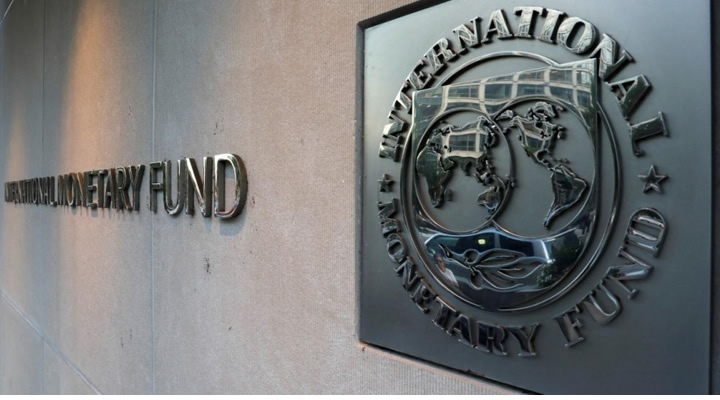Regulation
Regulate cryptocurrency trading platforms, IMF urges Nigeria

THE The International Monetary Fund has advised the federal government to require global cryptocurrency trading platforms to register to operate in the country, thereby subjecting them to regulatory requirements.
This recommendation was made in the latest staff report of the IMF following the conclusion of its 2024 Article IV consultation with Nigeria.
The IMF has stressed the need for Nigeria to establish a robust regulatory framework to oversee the growing cryptocurrency market, ensure financial stability and protect investors.
He noted that the move aligns with global efforts to standardize regulation on cryptocurrencies and prevent illicit activities.
“Global crypto trading platforms should be registered or licensed in Nigeria and subject to the same regulatory requirements applicable to financial intermediaries under the principle of the same activity, the same risk and the same regulation,” the report highlights.
Over the past three months, cryptocurrency trading platforms have come under close scrutiny on suspicion of manipulating the value of the local currency in the foreign exchange market.
On Monday, Securities and Exchange Commission Director-General Emomotimi Agama said delisting the naira from P2P platforms was necessary to avoid the current level of manipulation.
The Central Bank of Nigeria has ordered fintech companies operating in the country to block the accounts of customers transacting in cryptocurrency and report such transactions to law enforcement.
Furthermore, the IMF also warned that the rapid growth of foreign exchange platforms in Nigeria posed new challenges to the country’s financial stability.
The IMF also noted that Nigerian authorities took significant steps earlier this year to address issues with cryptocurrency exchanges.
The report said: “The authorities agreed on the importance of maintaining external stability and stressed that the reforms they implemented as well as efforts to attract foreign currency liquidity, including the obligation for international oil companies to hold 50 percent of oil revenues repatriated to Nigeria for 90 days, are aiming for this goal.
“They see that pressure on the exchange rate now comes from illicit flows, including through crypto-asset platforms, and is not driven by fundamentals, noting that some caps on foreign exchange access are intended to curb abuse.”
In February, the CBN expressed concerns over the large volume of transactions flowing through cryptocurrency exchanges from unidentified sources, saying it was working with other government agencies to combat such illicit financial activities. .
The bank claimed that last year, $26 billion passed through Binance Nigeria from unidentified sources.
In May 2022, the SEC issued new regulations regarding the issuance, platform offering, and custody of digital assets.
This was seen as a move towards regulating crypto rather than banning it.
The regulations set a high capital requirement of N500 million for crypto exchanges seeking a virtual asset service provider license from the SEC.
In December 2023, the SEC lifted its ban on banks facilitating cryptocurrency transactions for customers, provided they follow strict KYC and AML controls.
